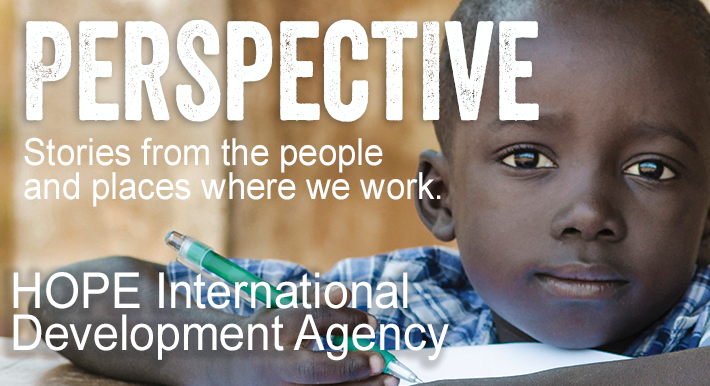
Photo Courtesy of Kevin Dunn
The Pamula’an Center for Indigenous Peoples’ Education is a school dedicated to the Indigenous Peoples in the Philippines. Through Pamula’an, HOPE International Development Agency is investing into the young IP college students that are, in the words of a local staff member, the ‘last best hope’ of their impoverished and abused communities.
The plight of IPs in the Philippines is under-reported and very serious. In a country where government is not in the habit of acting with democratic integrity, IPs are at the bottom of the barrel socially, with their land, culture, language, and history rapidly eroded by exploitative interests. In Mindanao, where the majority of IPs live, it is not uncommon to hear about poor, illiterate IP villagers simply thrown into jail when their land is coveted by private companies.
Pamula’an graduates have the knowledge, skills, and confidence to develop their poor villages, advocate for the rights of their people, and fight back against a system that threatens their survival. From time to time, the students share their personal stories.
Krista Sumalisat tell us:
As Indigenous Peoples, we have been taught the importance of our culture, and realised that it is unique, and now is a source of pride. Before, I was ashamed to be an IP. I used to suffer a lot because of discrimination. Here, in the Philippines, there is a nickname for IP’s. It is “Eee Pees”, which in Filipino means ‘cockroach’. Imagine growing up and feeling this is the identity you have inherited. I would hide my IP identity and try to forget it and be like the rest of society. But in the process of so many other IPs doing the same thing, we risk losing our culture completely. When I am done my degree at the Pamula’an college I will return to my community to work with the community on documenting and understanding the importance of their culture. I will teach them to be proud of our tradition of relying on the earth to meet our needs and living in harmony with the environment.
Vanjie Rohas says:
Here, in Davao City, I am very far away from home. Once a year, I can take the bus across Mindanao to see my family – it takes 18 hours on very rough rural roads in this country. But, I know it is important to persevere, even when I miss my parents and my siblings. I want to be able to return to my community and to have the skills and means to serve them, and to help them to come out of poverty. The whole community is waiting for my return, I am their source of hope for a better future, for both them and their children. I will be a teacher for my tribe and community in adult literacy, so that they can have the knowledge of how to hold the government accountable for providing help and basic services. Otherwise, our community will continue to live in total poverty, without even such simple things as a clean source of water.
Many students like Vanjie and Krista are still hoping to receive HOPE scholarships, amounting to a thousand dollars per year. It is an incredibly effective investment to make. Education has far-reaching effects, not only for the students themselves, but for their families, whole communities, and, by extension, an entire people in peril.


No comments:
Post a Comment